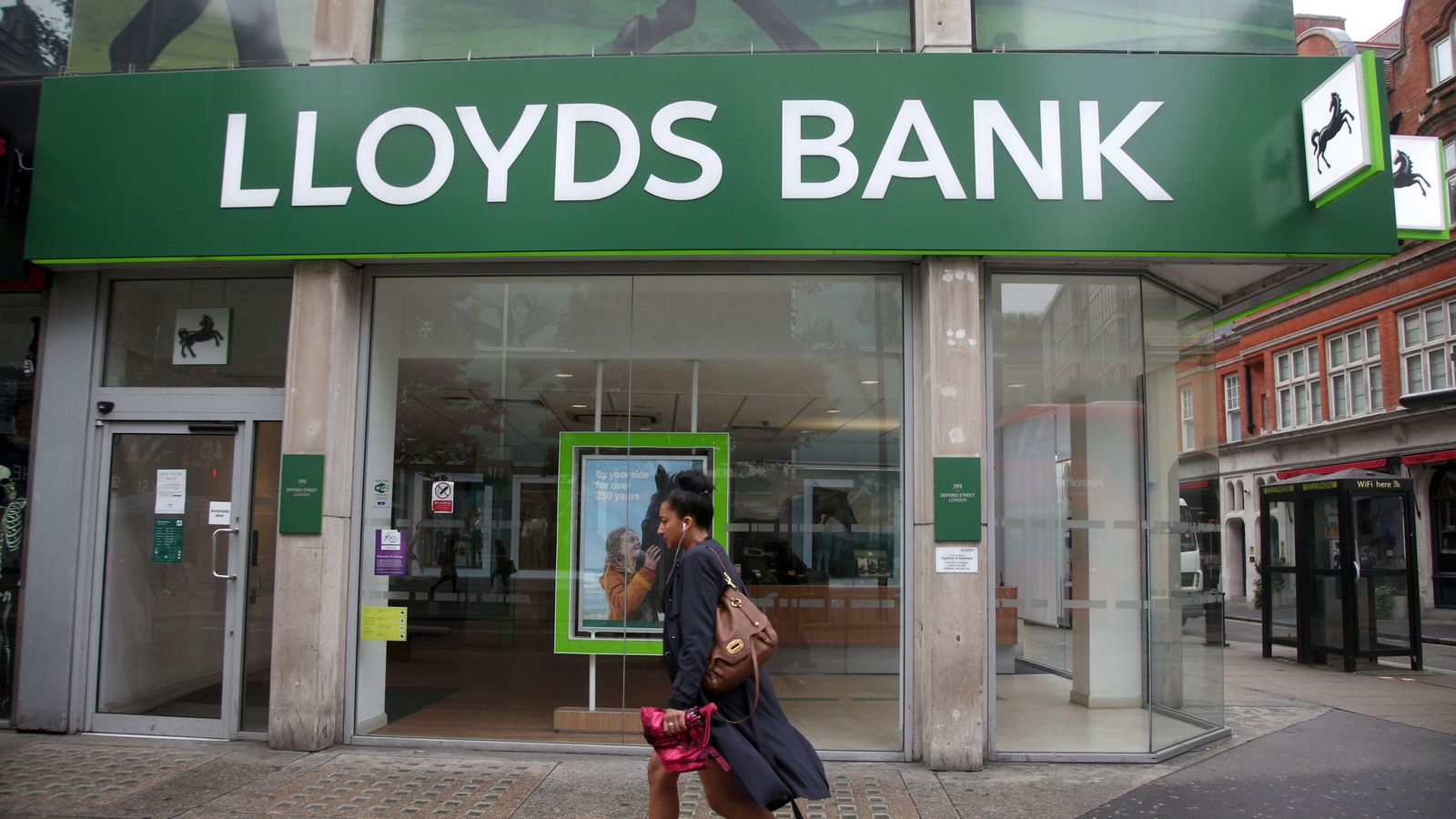Holidaymakers have been giving up on getaways this summer thanks to a “lack of clarity” on the easing of travel restrictions, latest trading figures from TUI suggest.
The German-based travel giant said 2.6 million customers were booked for its peak season, down from 2.8 million reported in February – with some putting off their holidays into the future.
Summer 2021 booking levels were 69% lower than those seen at the same point ahead of summer 2019, before the pandemic struck.
TUI said the “small reduction” since earlier this year reflected “customers choosing to defer their booking to future seasons due to the lack of clarity provided by governments on lifting of travel restrictions”.
But the company also said that there had been a “clearly evident” pick-up in demand in recent weeks, with new bookings doubling since April on signs of a restart in tourism
UK plans published last week showed 12 countries would be on a “green list” when rules start to ease on 17 May – meaning those returning from them do not have to quarantine.
But while Portugal was included, other typical mass tourism destinations for British holidaymakers such as Spain, Italy and France were left out.
The TUI figures also pointed to pent-up demand ready to be unleashed this winter, with UK bookings up 17% on pre-pandemic levels, and summer next year – with an increase of 293%.
They came as TUI reported a pre-tax loss of €1.54bn for the six months to the end of March, compared with a loss of €849m a year earlier.
Revenues of €716m were down 89% with travel restrictions imposed across the company’s key European markets for the majority of the period.
TUI said it was planning for capacity this summer at three-quarters of 2019 levels, with it reopening focusing on destinations such as Greece, the Balearics and the Canaries “with anticipated good vaccinations rates and low infection rates”.
Chief executive Fritz Joussen said: “The prospects for early summer 2021 make me optimistic for tourism and for TUI.
“They are significantly better than in the first pandemic year, 2020.”
Shares fell nearly 3%.



